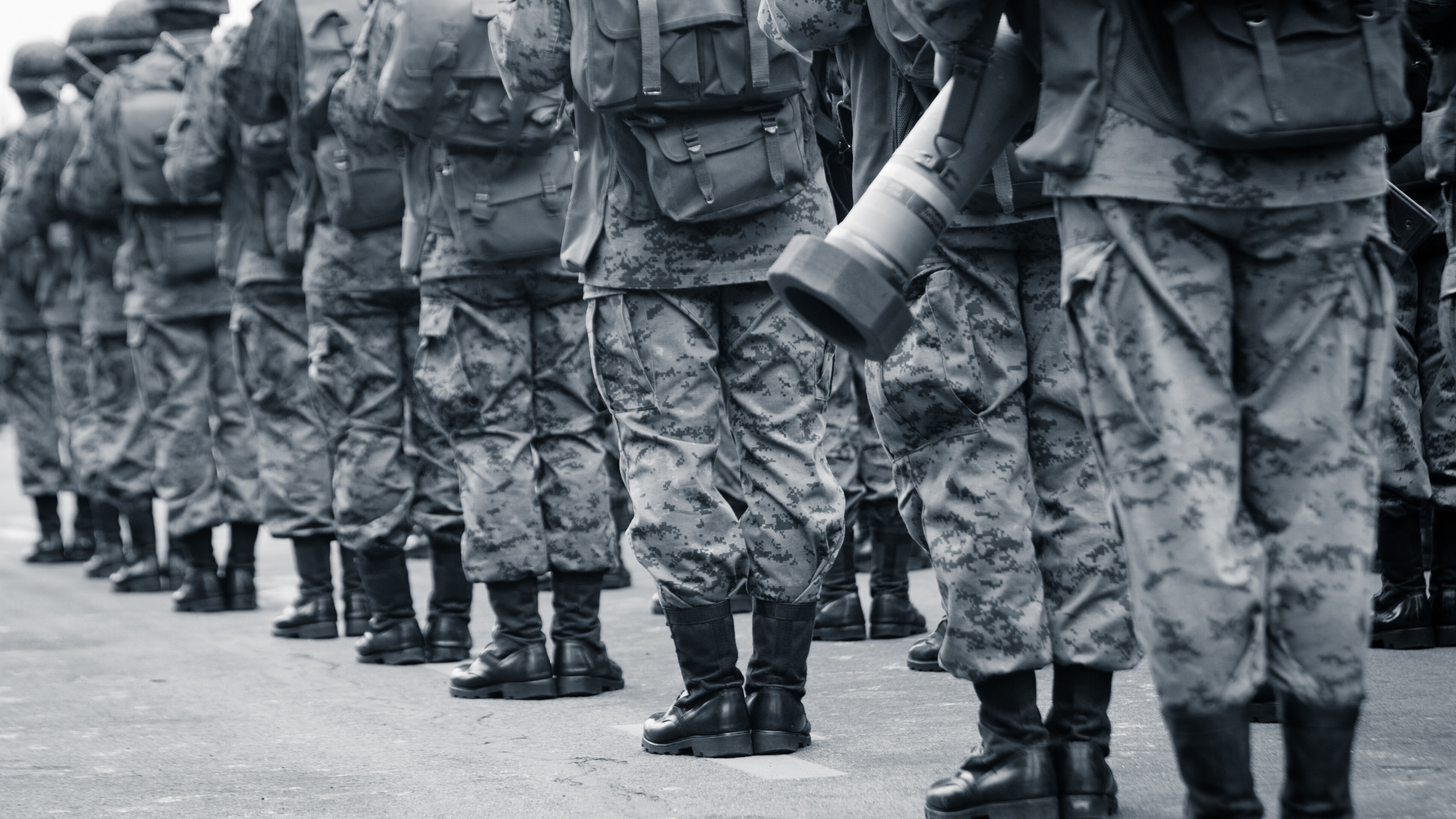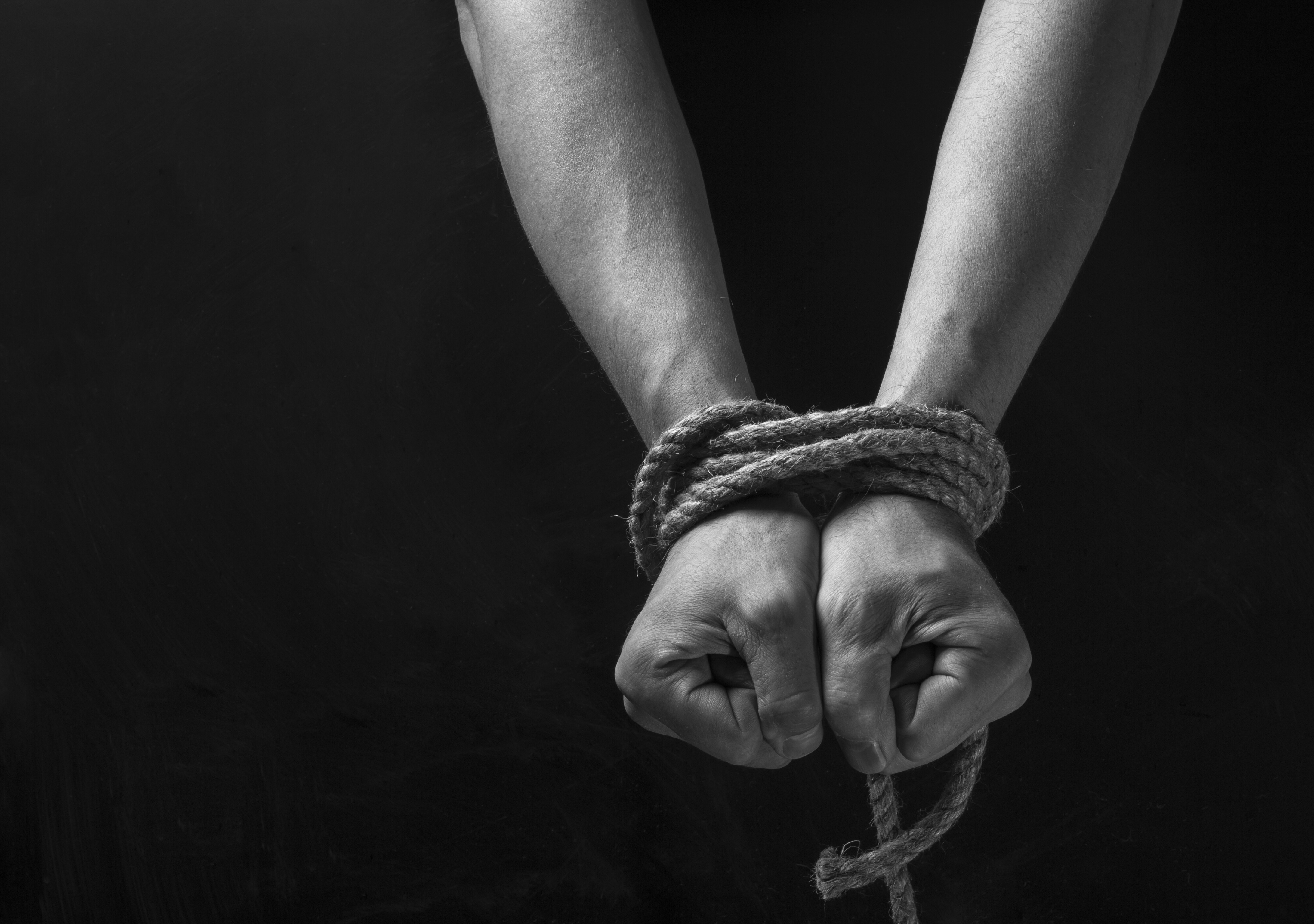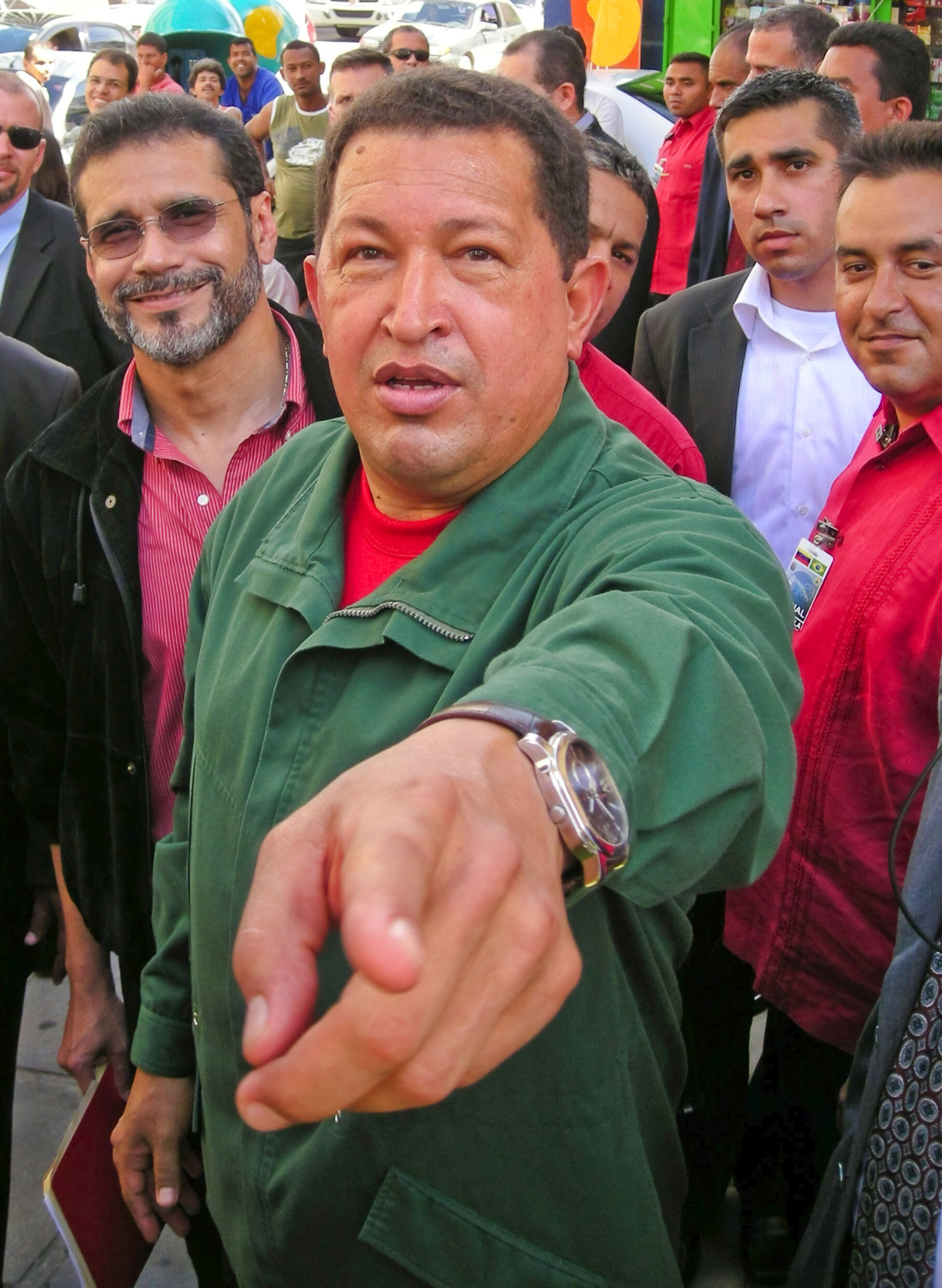Venezuela Turmoil Continues
With the opposition ignoring the government's plea for peace during Carnival it seems clear that the protesters aren't going anywhere. LatAm INVESTOR looks at the implications for international investors...

Venezuela is being ripped apart at the seams by ongoing battles between the government and its opposition. Marches hundreds of thousands-strong have erupted into violence as protestors and military clash.
For the people living there, the situation is a tragedy. And international investors can’t ignore the massive ructions taking place in the region’s fifth-largest economy and biggest oil producer.
Crime spree
The current crisis began with students protesting against the lack of security on campus and snowballed from there. Security problems worsened dramatically during the Chávez years, partly because he weakened the judiciary and police forces during that time. But it’s also part of a general trend in the region.
A recent UN report points out that between 2001 and 2011, the Latin American homicide rate grew by 12%. Meanwhile, the number of robberies has tripled over the last 25 years.
Latin America has the sad distinction of being home to four of the five most violent countries in the world – with Venezuela, Belize, El Salvador and Honduras having murder rates higher than some war zones.

This incredible toll on human life – more than one million Latin Americans killed by violent crime in the last decade – also affects investments. In the worst affected countries, the UN estimates that it reduced GDP by 10% as people consume less, avoid conspicuous displays of wealth, and delay investments in productive assets.
But, like any generalisation, there are plenty of exceptions to the rule. Places such as Colombia are far safer than they were ten years ago, while Chile and Uruguay are less violent than many European cities. Nicaragua also stands out as an island of peace and calm in the violent Central American isthmus.
Struggling economy
Security may have been the root of the original protests, but the students were soon joined by others with a whole range of complaints – most of them economic.
Venezuela’s headline growth rate of 1.6% last year is actually higher than that of Mexico, the current darling of international investors. But beneath the surface problems have been festering that are now starting to wreak havoc.
The main one is the country’s over-dependence on oil. Venezuela has the world’s second-biggest reserves of the stuff, and it makes up more than 90% of the country’s exports.

The surge in oil prices since Hugo Chávez came to power in 1999 has led to an over-reliance on oil, meaning that Venezuela’s domestic industries have withered away. The country now imports everything from basic food stuffs to toilet paper.
With oil production stagnating due to lack of investment in state producer PDVSA, revenues are failing to keep up with rising government spending that comes with ‘Chavismo’, the left-wing political ideology strongly associated with Venezuela’s late president, Hugo Chávez.Unable to fund Chavismo by oil exports alone, the country has been printing money. That’s why inflation is running at 50%. The government’s response has been to expropriate businesses and tell shops what prices they should sell their goods for. That may win political points in the short run, but longer-term, it creates distortions in the economy.
It’s also hard to know the exact state of government finances – it negotiates plenty of under-the-counter deals with China, and has an opaque sovereign wealth fund. But the increase of supermarket shortages, devaluations of the official – and completely unrealistic – exchange rate and the restrictions on dollars, suggests that the government is struggling to keep the complicated economic artifice together.
Change of government?
So far it seems the protesters will have a hard time dislodging Nicolás Maduro on their own. Ultimately he’s the country’s elected president and has four years left to his term. He also has the backing of the army and many powerbrokers in the country. He also has a lot of support among the poor, who remember the misery of the pre-Chávez years. The fact is Chávez did a lot to reduce the terrible poverty that his predecessors blithely ignored – and Maduro won last year’s elections on the back of that legacy.
But his Achilles’ heel is his economic management. If the shortages or the inflation get worse, then his support will start to falter and there will be less left in the government pot to ensure loyalty.